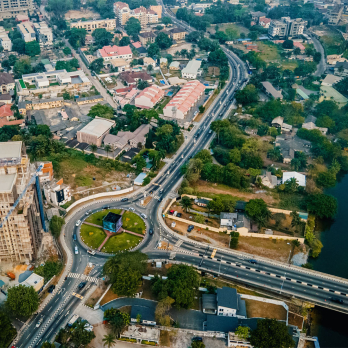m3africa
m3 is an effort to strengthen ties with colleagues across the Institute who share research interests in a particular region or discipline. We invite you to join our mailing list if you'd like to receive news and updates on research across Africa in all disciplines and research topics, but especially around global challenges such as climate and sustainability, health, AI and computing, democratic stability, inequality, and human development.
Join our mailing list

